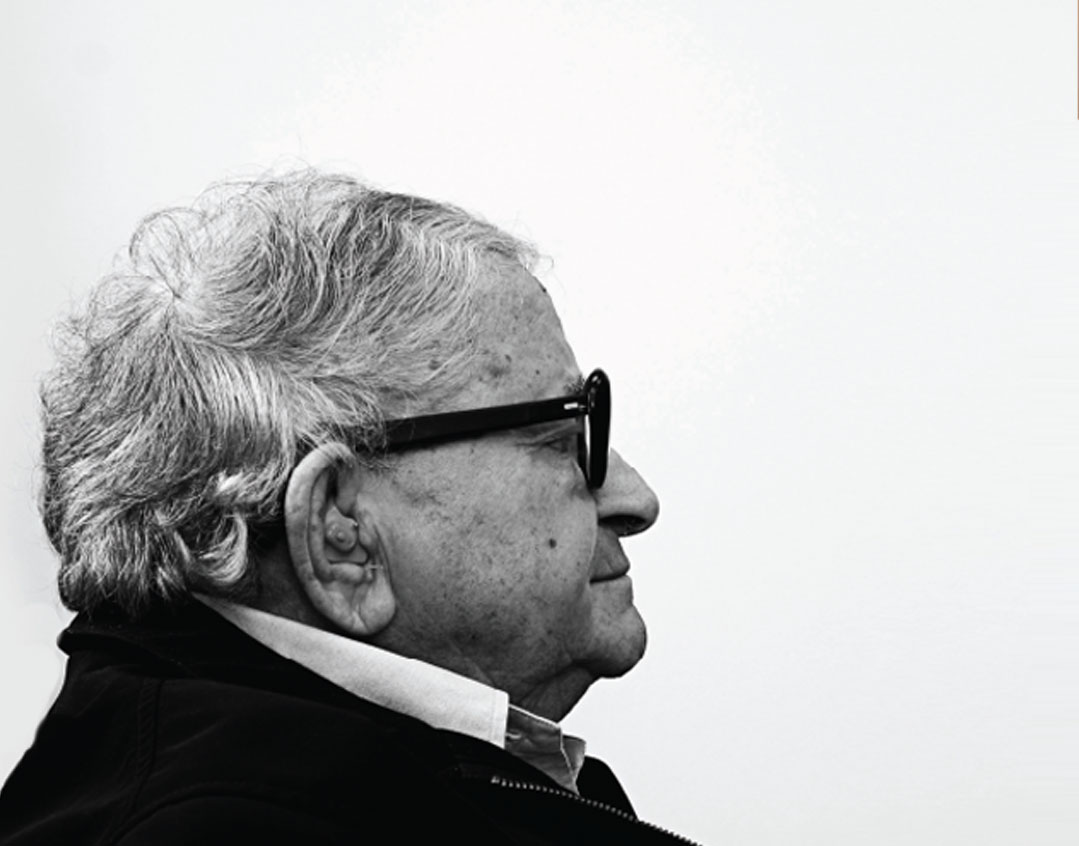No Regrets


Photos:Flash90
R
afi Eitan, a fighter, spymaster, and politician, passed away last month at the age of 92. He was a man of dueling identities: With his thick glasses and soft features, he resembled an endearing grandpa, but behind the jovial veil was a hardened spy and seasoned fighter who juggled people’s lives in an almost cavalier way.
Even among the ranks of the intelligence community, Eitan stood out for his loose mouth and his arrogant talk of past operations. Though he at one point served in the Knesset, Eitan possessed none of the typical politician’s charisma or diplomatic rhetoric. Years of espionage had turned the little boy from Ein Harod into a tough cynic who viewed his job as a zero-sum game.
Against the backdrop of history, Rafi Eitan will always be known for his two most famous operations — one a source of pride, the other a source of infamy. If he leaves any legacy, it’s a murky one replete with question marks. In the final analysis, the same man who won acclaim for masterminding the daring capture of Adolf Eichmann was also the callous handler who couldn’t — or wouldn’t — open the door to save Jonathan Pollard when the Jewish spy needed him most.
Stinky Rafi
Rafi Eitan was born in Ein Harod, a kibbutz in northern Israel, to Yehudit and Noach, chalutzim who came from Russia on the Third Aliyah. His childhood was, by all accounts, peaceful and idyllic.
“My mother gave birth to six children. One died of pneumonia and the second of malaria, and then there was me, so I actually grew up as an oldest,” Eitan recalled in an interview with Calcalist in 2016. “When I was three, my parents moved to the city of Shalom, today Ramat Hasharon. They planted an orchard, a vegetable garden, fruit trees, and started a beehive and a dairy farm. I helped with the milking. They were loving, easygoing parents, and I don’t remember raised voices.”
At first, Rafi went to school in Ramat Hasharon and later in Givat HaShloshah, where he shared a room with future general and Knesset member Rechavam Ze’evi. “I was the one who gave him the nickname Gandhi, because he was so thin. We remained friends until his final day,” Eitan said, referring to Ze’evi’s murder by assassins. (Rafi himself would be nicknamed Rafi Hamasriach, Stinky Rafi, after he navigated through sewers for a special operation later in his career.).
When Eitan was ten years old, he watched a German spy film with his mother. “Spying is a great profession,” he told her, to which she replied, “Spying is a dangerous profession.” But the idea took root in his head, and he held onto a certain conviction that one day he would be a great spy.
Rafi and his friends, like many kids that age, were pranksters who loved playing practical jokes. But unlike most kids, he felt fully comfortable adding a certain dimension of danger and horror to his activities. He used to hide in the dark streets at night and lie in wait to terrify passersby with “tongues of fire” — a prank whereby Rafi would fill his mouth with kerosene, light a match, and then spray the flame like a blowtorch.
When he finished his studies, his father asked him to work on the family farm, but Rafi made it clear that he had different ideas about his future. “I told him no, that I was dedicating my life to Israel’s security,” he told Calcalist. “I enlisted in the Palmach. If I wouldn’t have shattered my leg in a battle in Malkiyah, I probably would have become an officer in a combat unit, but because of my injury, I became an intelligence officer. That’s how my career began.”
(Excerpted from Mishpacha, Issue 757)
Oops! We could not locate your form.













